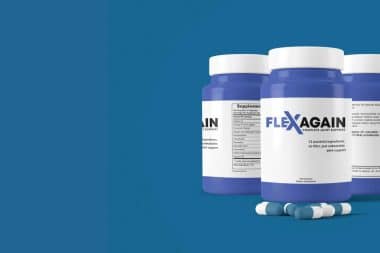If you want to get the maximum impact from exercising, you should drink enough water to stay hydrated. If you don’t have enough water in your body, you may get dehydrated while exercising, reducing your mental and physical capabilities. Not drinking enough water can cause muscle cramping, dizziness, lack of energy, light-headedness, and worse! Let’s look at the effects of dehydration when exercising.
1) Increase in body temperature
Exercising causes your body temperature to go up, and your body naturally regulates this by sweating. If you are not adequately hydrated, your body may not be able to cool itself properly. If you are exercising in extreme heat conditions, it may prove to be very dangerous for you. To get around this, you can wear special gear that helps you keep cool while exercising, such as running hats that use moisture-wicking fabric and have breathable side panels.
2) Lower fluid levels in your body may lead your heart to work harder
Regular physical exercise has many benefits. But lower fluid in your body may lead your heart to work harder than it should. If you start losing fluid through sweat, your cardiac function may go awry. If your blood volume drops, your heart will have to beat faster to circulate blood throughout your body. As a result, you may face unwanted cardiac complications as a result of dehydration.
3) Dehydration prevents our cells from getting the water to be able to synthesize energy
Whenever we exercise, our body converts nutrients such as fat and carbohydrates into adenosine triphosphate (ATP). Our cells can store just a small amount of ATP, and as a result, our body constantly has to synthesize more ATP to fuel our movements. While exercising, the amount of energy our bodies need increases. Hence synthesizing ATP during exercise is crucial. The food we eat is converted to usable ATP, but this cannot happen without water. Exercising causes loss of water in the form of sweat, and dehydration prevents our cells from being able to synthesize energy.
4) Dehydration may cause mental problems
Did you know that dehydration may cause mental issues such as mood swings, headaches, lower concentration levels, and your ability to think clearly? The human brain is made up of 75% water. Dehydration slows the circulation process due to which lesser oxygen travels throughout your entire body, including your brain. Dehydration can adversely affect cognitive function. Extreme dehydration may lead to delirium, loss of consciousness, coma, and even death if not treated promptly.
5) Severe dehydration may lead to serious side effects
Mild dehydration may lead to a bit of discomfort. But severe dehydration can lead to medical emergencies due to kidney failure, heat strokes, and seizures. Intense exercise in a hot environment increases the chances of you developing severe side effects. But, drinking in sufficient quantities is enough for most people to avoid medical emergencies caused by severe dehydration. If you do experience any symptoms of dehydration, such as confusion, dizziness, or extreme fatigue, you must see a doctor immediately.
6) How can you prevent dehydration?
Drinking regularly while exercising can help you prevent dehydration in most cases. Drinking sufficient water helps you stay hydrated, prevents your heart rate from going up, and stops your body temperature from rising. Most importantly, it enables you to get the maximum benefits of exercising without any risk of causing harm to your body.
In Summary
Dehydration can have an adverse effect on your health, especially if you are exercising. In most cases, thirst levels can be a good indication of your hydration levels. Generally, you’ll feel thirsty if you are around 2 percent dehydrated. If you properly hydrate yourself when thirsty, your chances of suffering from dehydration due to exercise go down.








Reply